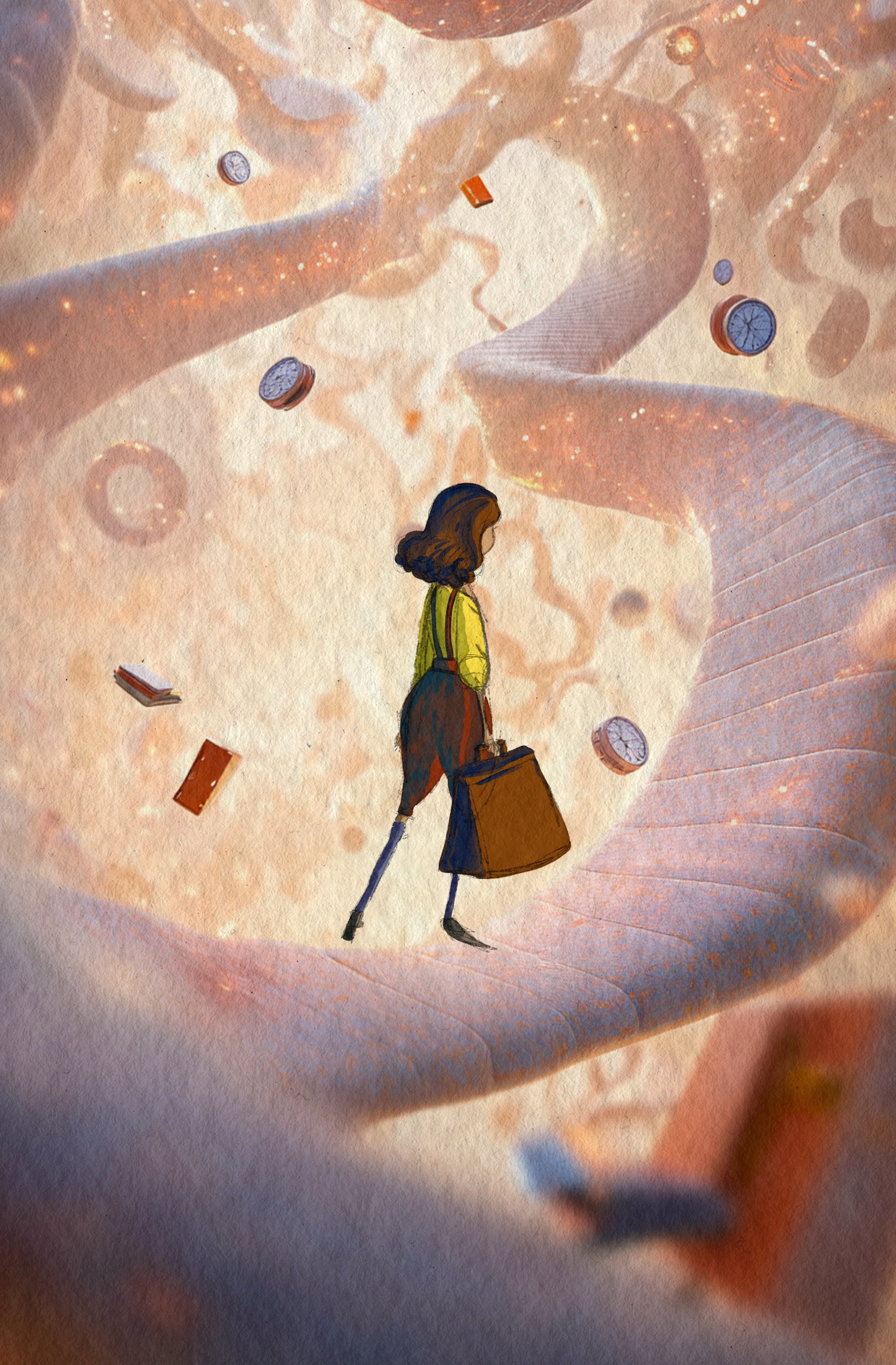An Indigenous Fijian Perspective: Prioritising Indigenous Fijian values and aspirations in decolonising Early Childhood Education.
Abstract
As an Indigenous Fijian scholar and PhD candidate from the Faculty of Culture and Society at Auckland University of Technology, my doctoral research study underscores the crucial role of Indigenous Fijian values and aspirations in decolonising Early Childhood Education (ECE) in Fiji. I illuminate how prioritising these values in educating Indigenous Fijian children can contribute to the broader decolonisation of education. The formalisation of ECE in Fiji from 1990 to the late 2000s, while a positive step, has primarily been influenced by Western education systems and ways of thinking. This short article outlines Fijian early childhood education research needs, stressing the urgency and necessity of understanding Indigenous Fijian viewpoints in early childhood development, care, well-being, and education. Introduced is the Indigenous Fijian methodology known as 'veiwasei yaga’, which incorporates Talanoa discussions and the Fijian Vanua Research framework involving Fijian cultural practices and protocols. Shared are the preliminary phases of the study, which include some personal reflections on what decolonising the mind looked like and what indigenous wisdom meant in the early stage of this research.
Downloads
Metrics
References
Cochran PA, Marshall CA, Garcia-Downing C, et al. Indigenous ways of knowing: implications for participatory research and community. Am J Public Health. 2008; 98(1):22---27.
Creswell, J. W. (2017). Qualitative inquiry and research design: Choosing among five approaches. SAGE.
Marshall A, Bartlett C (2010) Tradition Knowledge Meets Western Knowledge—Two-Eyed Seeing: an Old-New Way of Bringing Together Different Perspectives. Halifax, Nova Scotia: Government of Nova Scotia, Office of Aboriginal Affairs Learning Seminar;
Matapo, J. (2018). Traversing Pasifika education research in a post-truth era. In the Waikato Journal of Education, (18) URL Contributors
Matapo, J. J. (2016). Becoming post human: Na VI gating pacific epistemology in Pasifika research. Paper presented at the PESA Conference: Knowledge Ecologies (pp. 169-180). Warwick Hotel, Coral Coast, Fiji: Routledge & Springer. Retrieved from https://pesa.org.au/conference-2016
Nabobo-Baba, U. (2006). Knowing and learning: An indigenous Fijian approach. University of
the South Pacific, Suva, Fiji.
Nabobo-Baba, U. (2007). Vanua research framework. Sustainable Livelihood and Education in the Pacific Project (SLEP), IOE, University of the South Pacific, Suva, Fiji.
Nabobo-Baba, U. (2008). "Decolonising framings in Pacific research: Indigenous Fijian Vanua research framework as an organic response." Alternative: An International Journal of Indigenous Peoples, 4(2), 140-154.
Nabobo-Baba, U. (2013). The transformation from within: Rethinking Pacific Education Initiative. The development of a movement for social justice and equity. The International Journal: Comparative Perspective, 11(2), 82-97.
Ravuvu, A. (1983). Vaka-ITaukei: The Fijian way of life. Institute of Pacific Studies, Publications. Suva, Fiji.
Tiko, T. L. (2015). Indigenous Fijian Notions of Child Development. Understanding children's learning, knowing, and doing and implications for policy and practice in the early school years. [Unpublished doctoral thesis, University of New England].
Tiko, L. (2021). Child Development in Context: An Indigenous Fijian Perspective. USP Press.
Thaman, K. (1999). Different eyes: Schooling and indigenous education in Tonga. In F. Leach & A.L Little (Eds.), Education, cultures, and economies: Dilemmas for development (–77). Falmer Press.
Thaman, K. (2003). "Decolonizing Pacific Studies: Indigenous Perspectives, knowledge, and wisdom in higher education." The Contemporary Pacific, 15(1), 1-17.
Thaman, K. (2014). The cultural challenge to higher education in the Pacific is understanding Pacific studies and cultures. In J. Dorovolomo, C.F. Koya-Vakauta, R. Coutts, G. I. Lingam (Eds.). Discussions and debates in Pacific education, (pp. 125-136). Champaign, Illinois, USA: Common Ground Publishing Limited.
Vaioleti, T. (2013). "Talanoa: Differentiating the talanoa research methodology from Phenomenology, narrative, Kaupapa Māori and feminist methodologies." Te Reo, pp. 56, 191–212.
Copyright (c) 2024 Sainimili Saro Nabou
Article text:

This work is licensed under a Creative Commons Attribution 4.0 International License.
Photos:
The images in Rangahau Aranga are not covered by the Creative Commons license and are subject to copyright. Permission to reproduce this material must be sought from the copyright holder concerned.






